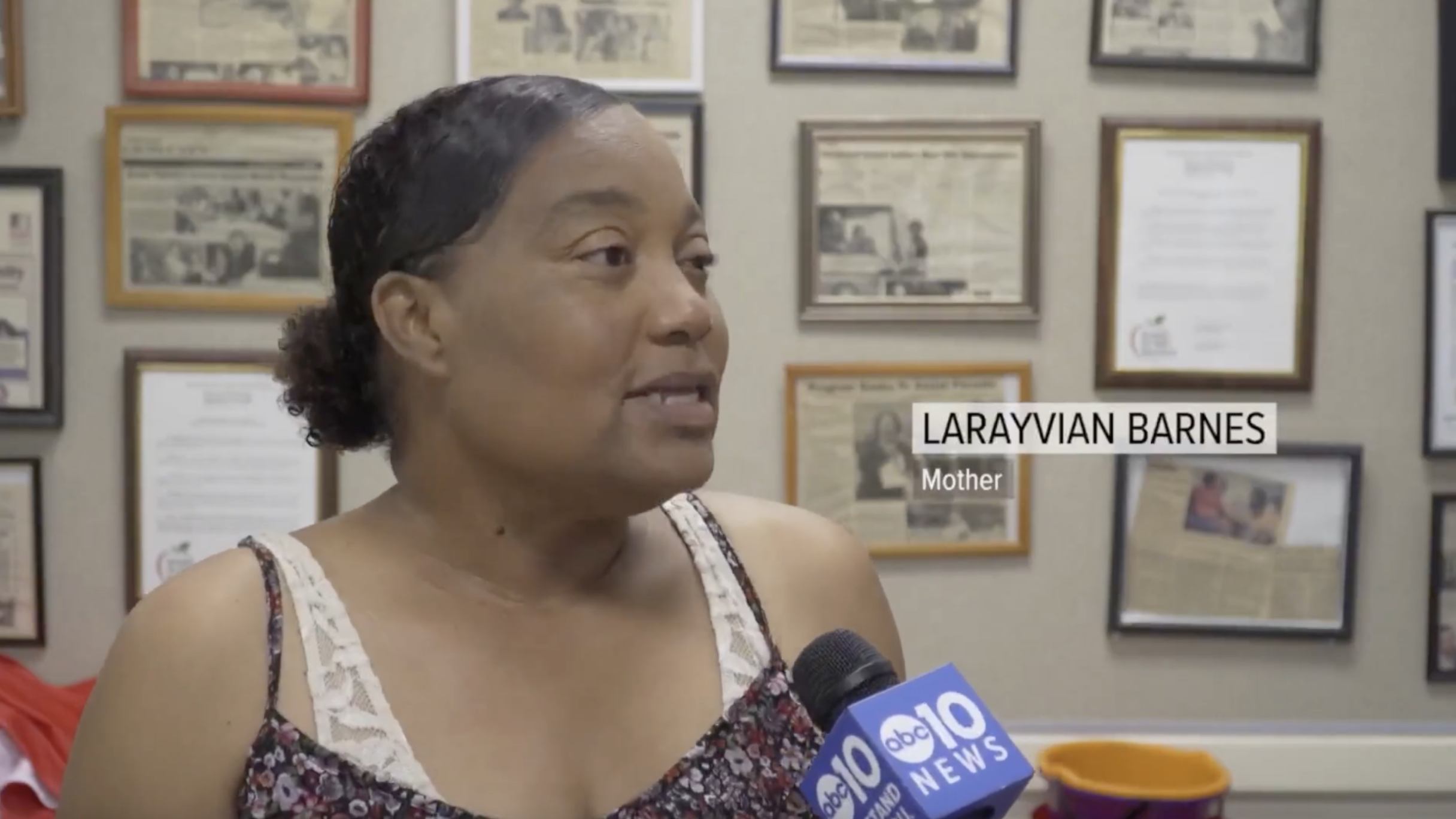Class Action Brings Relief To Black Students Unfairly Targeted For Suspension
Darryl White, named Plaintiff in Black Parallel School Board v. Sacramento City Unified School District
Courageous parents; Darryl White, Carl Pinkston, LaRayvian Barnes, Seth Sandronsky, and Roslyn Sandronsky inducted into Impact Fund Class Action Hall of Fame.
In 2018, through my work with the Black Parallel School Board (“BPSB”), I was at a community meeting when a startling revelation caught my attention. The community advisory leadership for special education had resigned in protest. The reason? Sacramento City Unified School District had ignored a 2017 report by the Council of Great City Schools. This report was a scathing critique, outlining forty-two essential recommendations to elevate the district's special education program to a respectable standard.
Curiosity piqued; I obtained a copy of the report the next day. I began to scan through it and was struck by a mention of Black students. The report stated that Black students in the district were three times more likely to be diagnosed with emotional disturbances than other students. This, in turn, leads to a higher rate of suspensions for Black students with disabilities than any other group—a problem prevalent statewide, with Sacramento particularly notorious for racial segregation and mistreatment.
Black students accounted for nearly half of all suspensions in 2018.
A 2018 study by San Diego State and UCLA researchers confirmed this, showing Sacramento's record of suspending Black students more frequently than any other district in California. Despite comprising only 15% of the district's 47,000 students, Black students accounted for nearly half of all suspensions in 2018. The disproportionality was stark: Black students with disabilities were 15 times more likely to be suspended than their white peers without disabilities, as highlighted in our lawsuit.
In response to the 2017 report, BPSB decided to organize a Parent Listening Session to understand how our Black families were coping with the issues identified in the report. I didn't expect much turnout on a Saturday morning and attended out of mere curiosity. One by one, parents shared their harrowing experiences. The stories were powerful and deeply moving. By the end of the session, there wasn't a dry eye in the room. The neglect and mistreatment these families endured at the hands of the district was heart-wrenching. The idea of a lawsuit, which had been lingering in our minds, became a definitive decision by the end of the meeting. The following morning, we contacted our legal team, ready to join the fight as a plaintiff.
Plaintiff, LaRayvian Barnes, speaks out for justice.
The filing of our lawsuit marked the beginning of a journey filled with unexpected turns. When the district immediately opted for settlement discussions, I was initially elated, mistaking it for a swift victory. Little did I understand the prolonged, often exasperating nature of these negotiations, complicated even more by the pandemic. Two years in, feeling somewhat disheartened, my spirits were briefly lifted when experts finalized their report regarding the allegations. I anticipated a document mirroring the Council of Great City Schools report, but I was mistaken. The report's seemingly moderate stance initially made me fear for our case, but our legal team reassured us, emphasizing that it was just one piece of a larger puzzle, and that we had strong data in our arsenal.
This prompted a moment of introspection – could I endure another two years? Recalling the time I spent in a plaintiff's classroom, witnessing the teacher's biased efforts to cast this Black ten-year-old Autistic student in a negative light, I hardened my resolve for the long fight ahead.
Darryl White resolved to stay the course for a protracted legal struggle.
By the spring of 2023, a sense of mixed anticipation and relief washed over me during a legal team meeting. We were on the cusp of a settlement, signaling the end of endless meetings, intense discussions, and relentless negotiations. As the warmth of late Spring approached, a settlement was finally achieved.
However, the workload didn't decrease; it simply shifted from settlement talks to formulating a five-year improvement plan under the watchful eye of an independent monitor. This phase is critical. It isn't just about setting objectives and activities; it delves deeper into addressing disproportionality, enhancing the cultural proficiency of instructors, and critically examining and altering the systems that yield disparate outcomes to ensure that students with disabilities—especially Black students with disabilities—have the support they need to grow and thrive.
The next five years promises to be a brighter future for our students in the district. The district has even started implementing some of our requests made prior to the settlement, fueling a renewed sense of hope for what lies ahead.
On February 23rd, 2024, Darryl White, Carl Pinkston, LaRayvian Barnes, Seth Sandronsky, and Roslyn Sandronsky (top to bottom, left to right) were inducted into Class Action Hall of Fame in recognition of their courage and sacrifice in representing the class and striving for racial justice in the case: Black Parallel School Board v. Sacramento City Unified School District.





